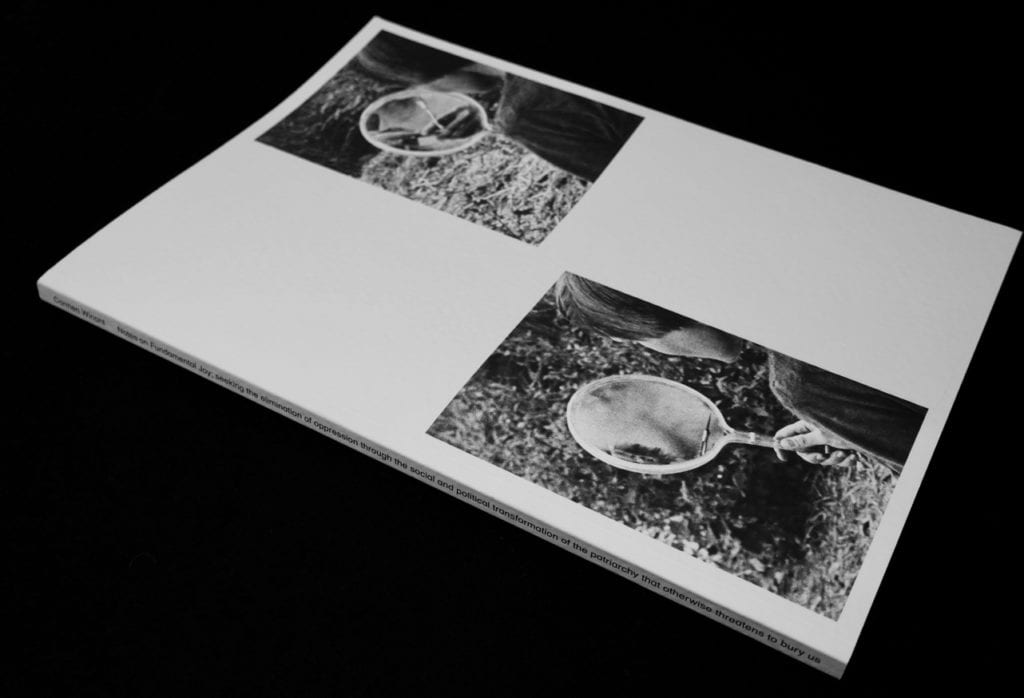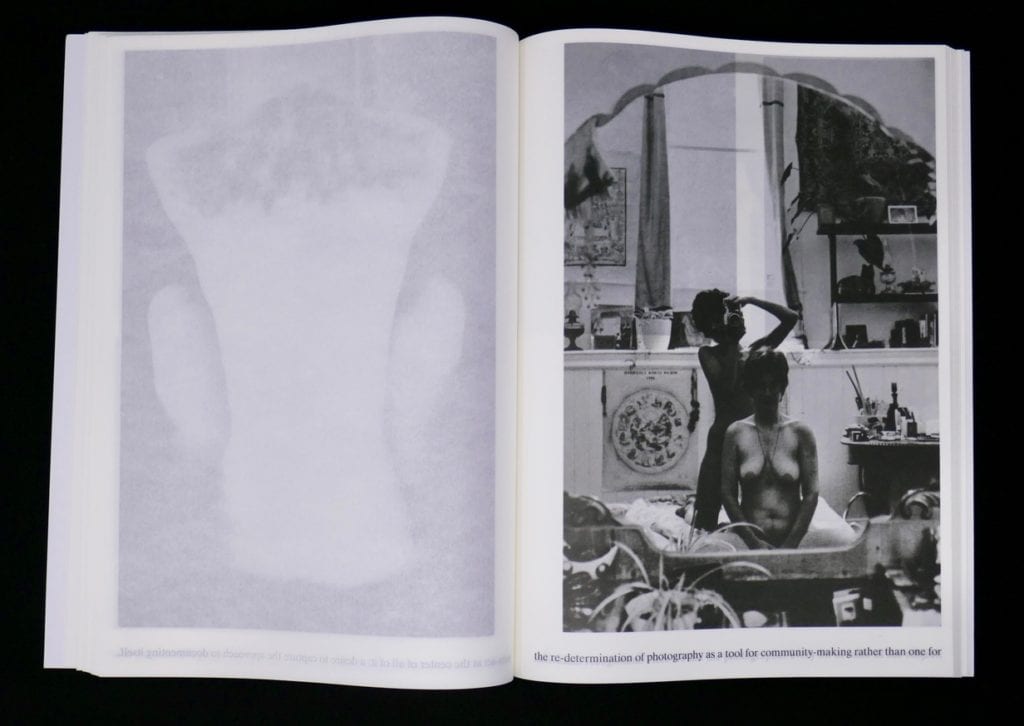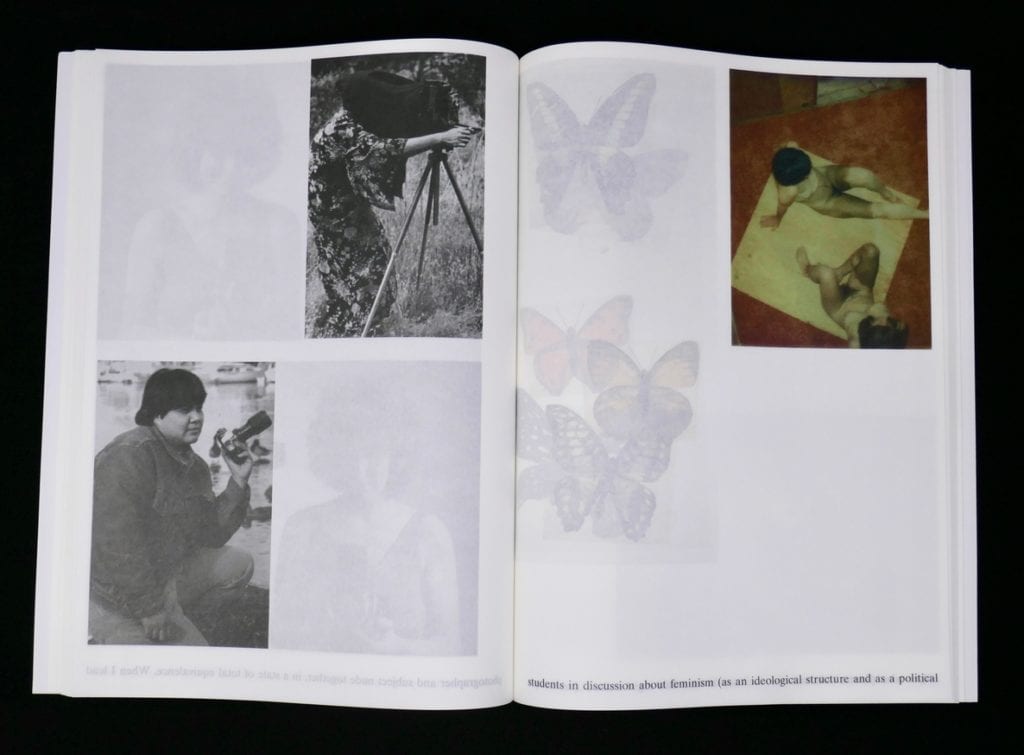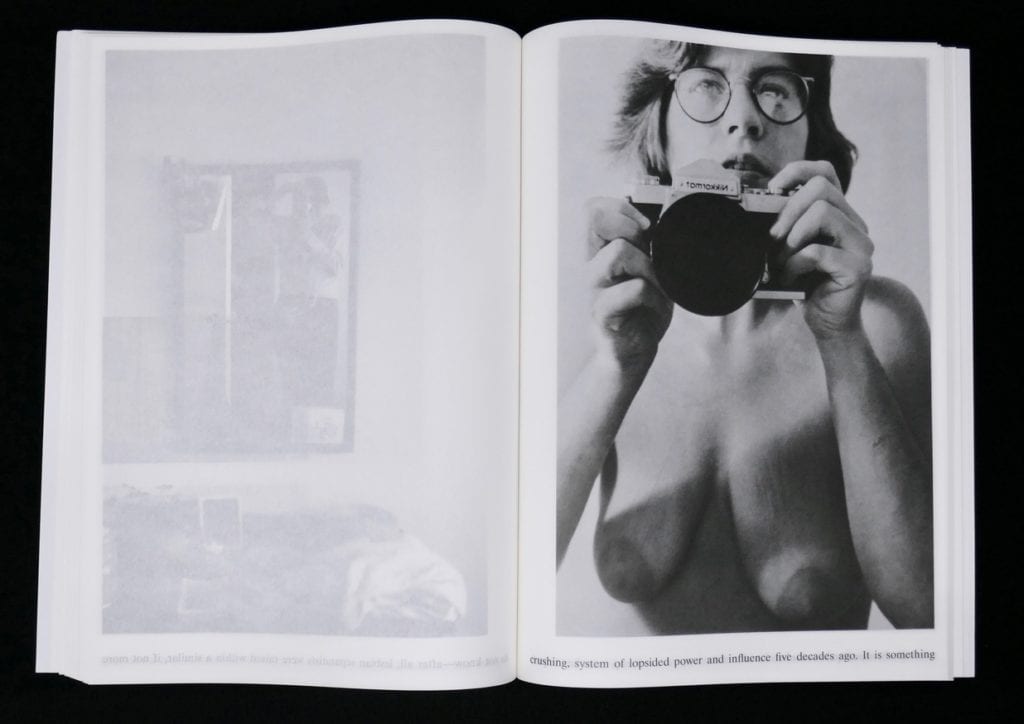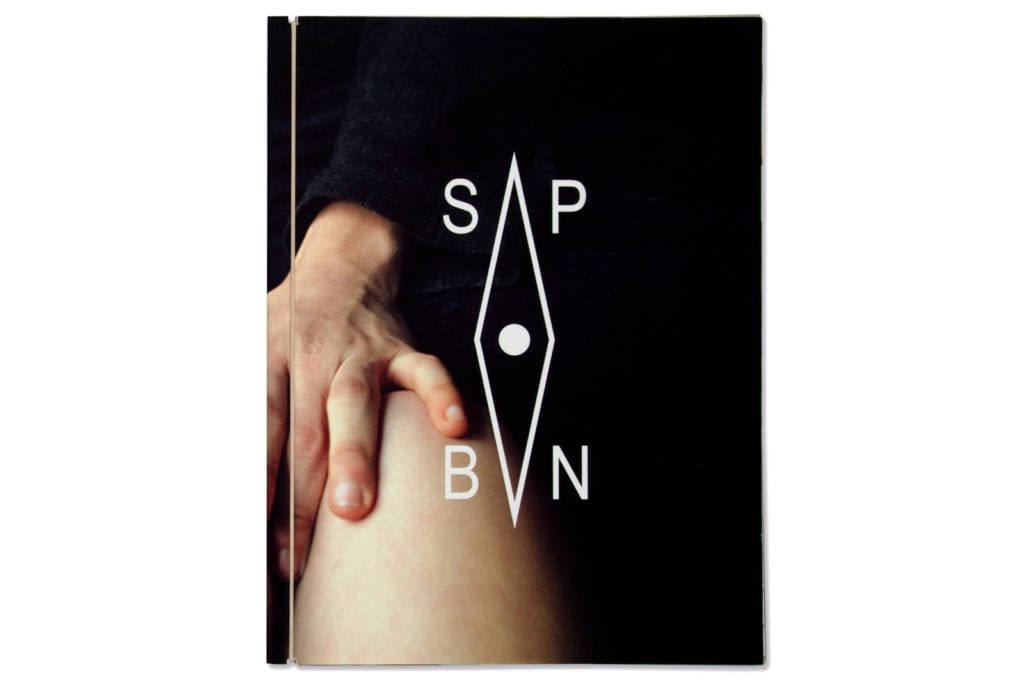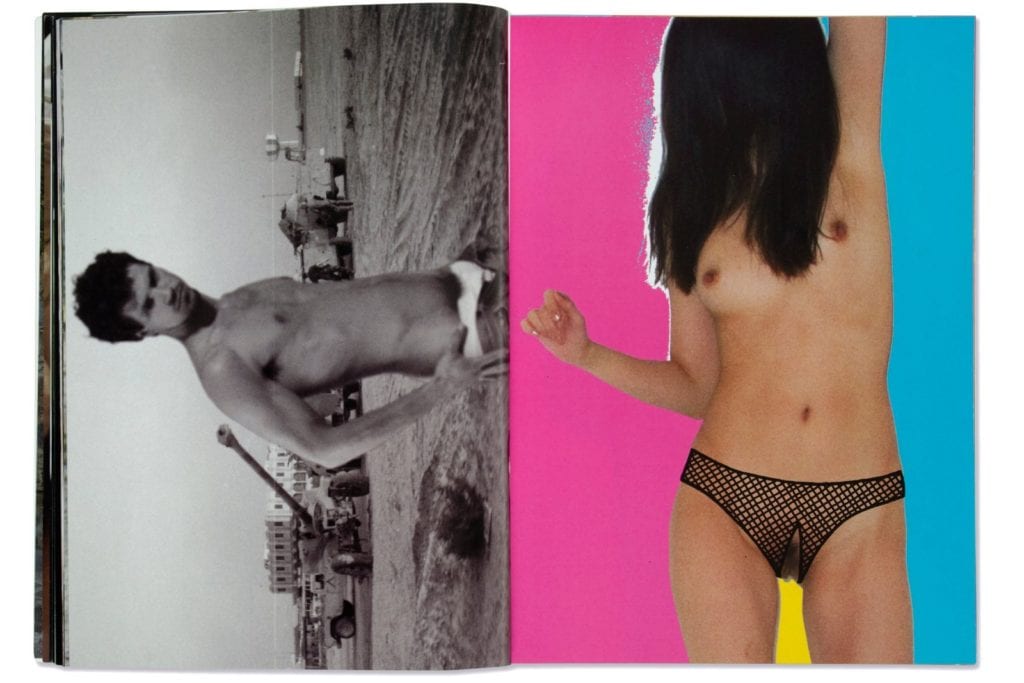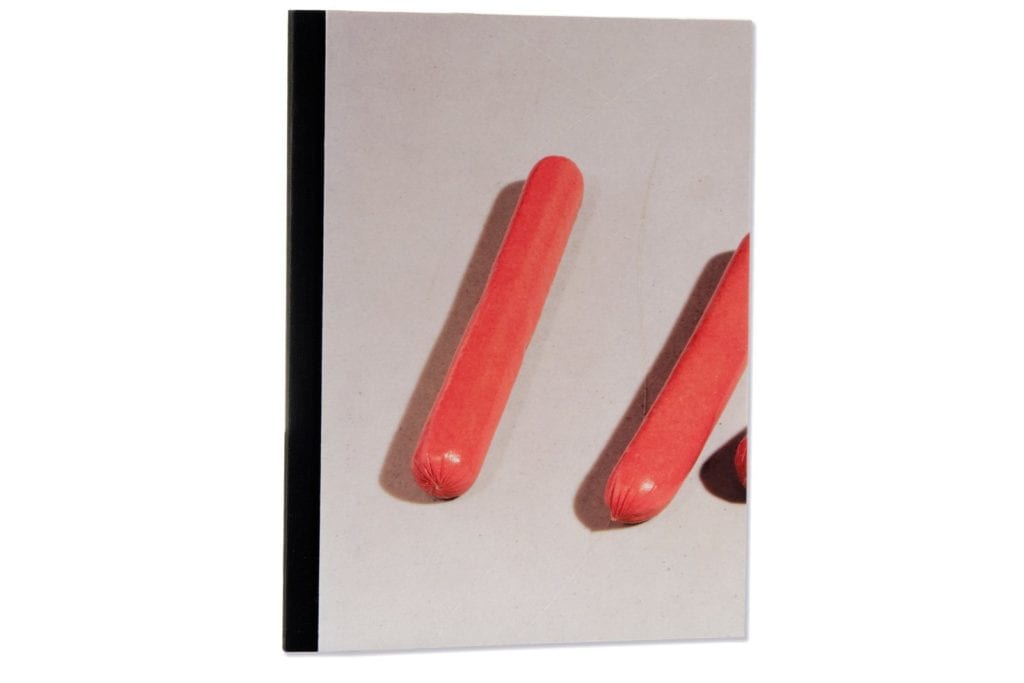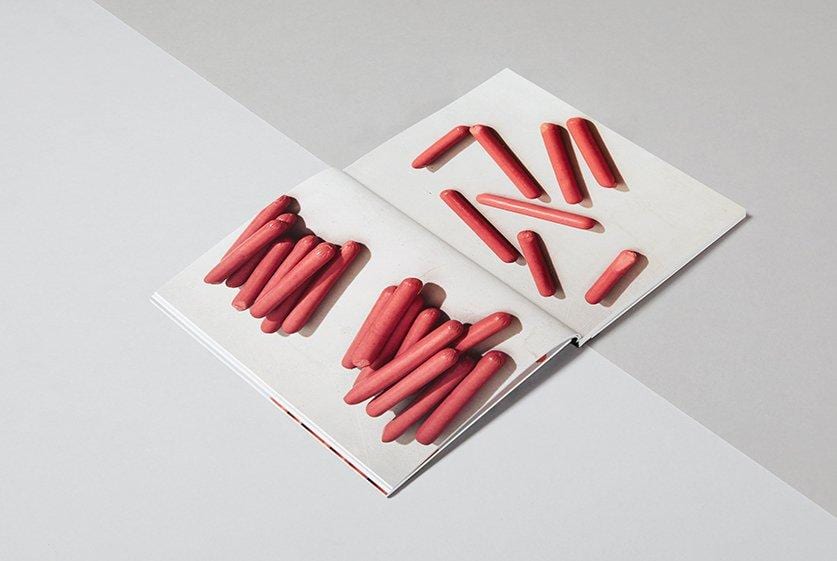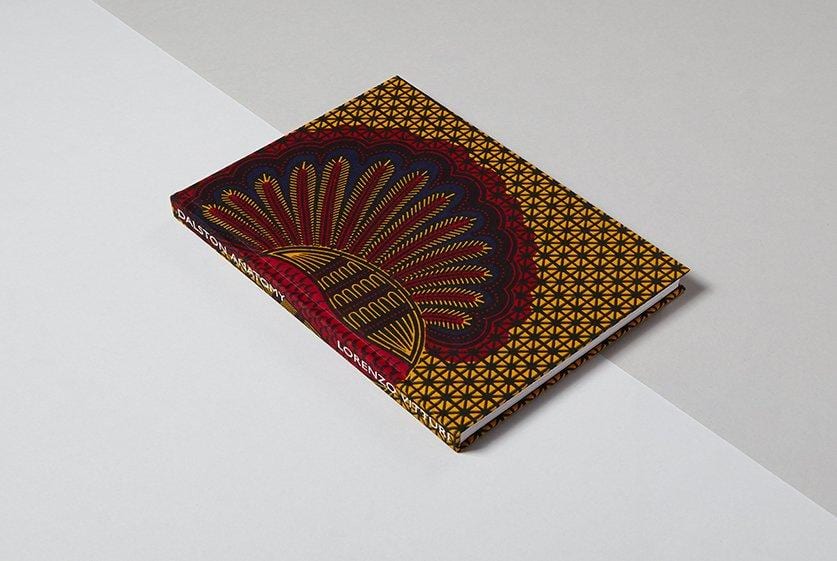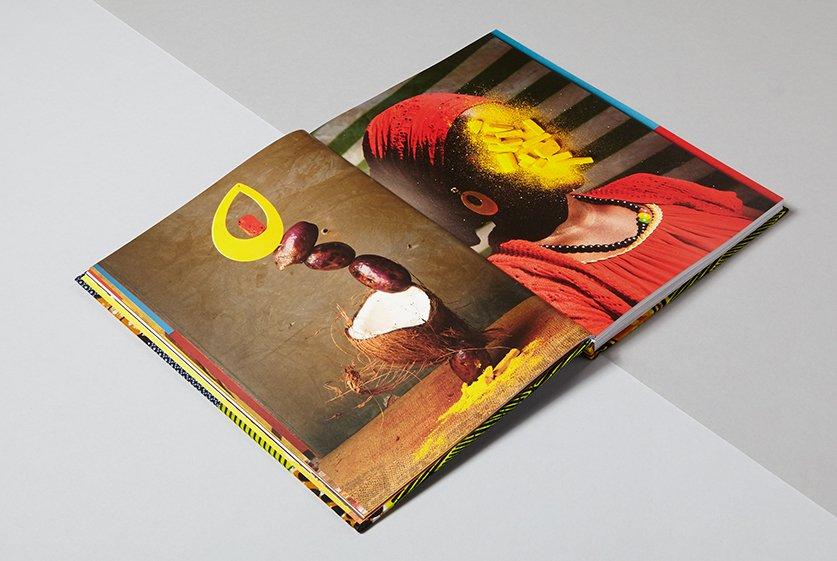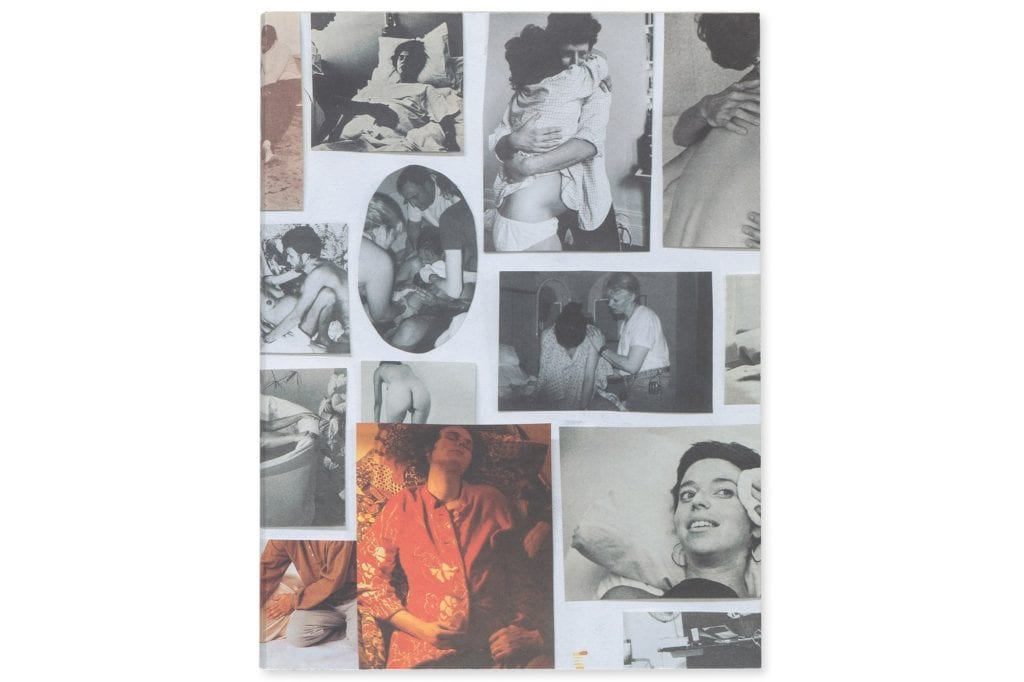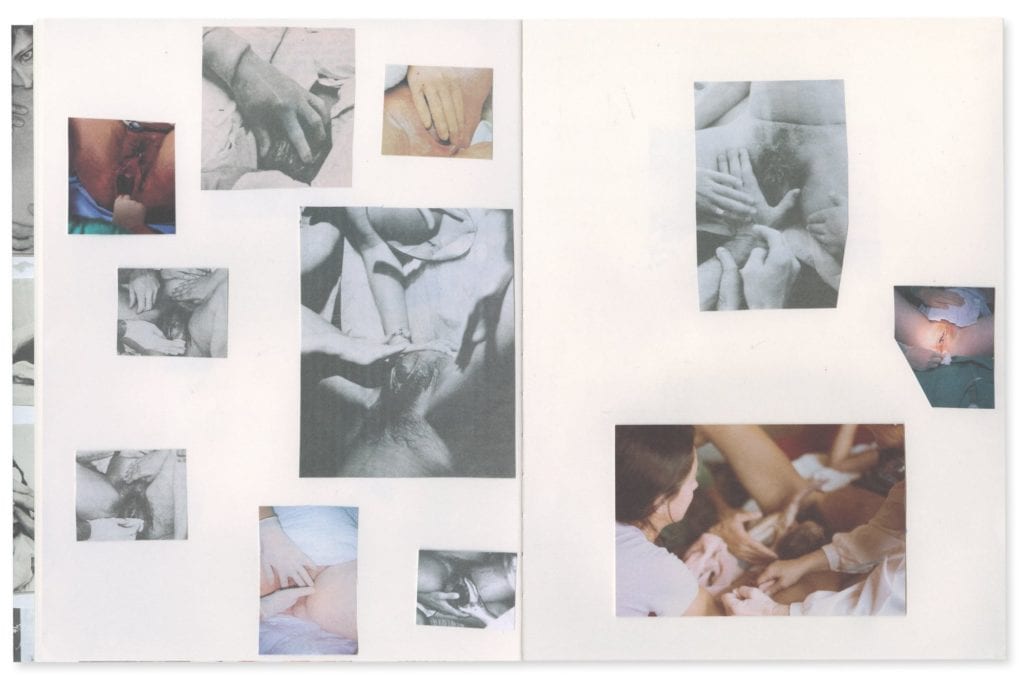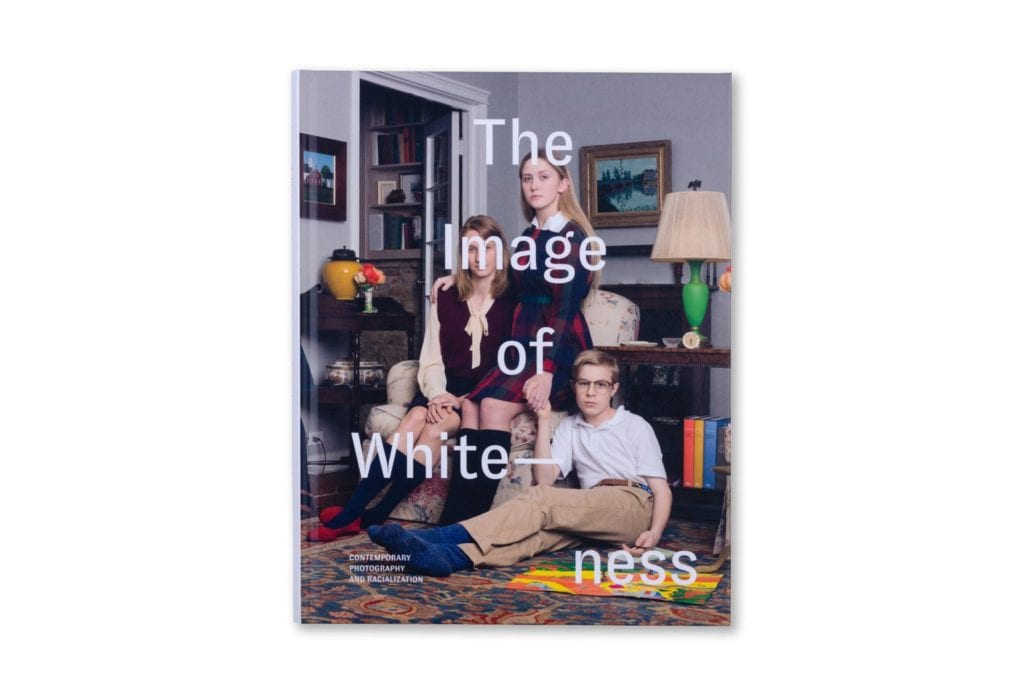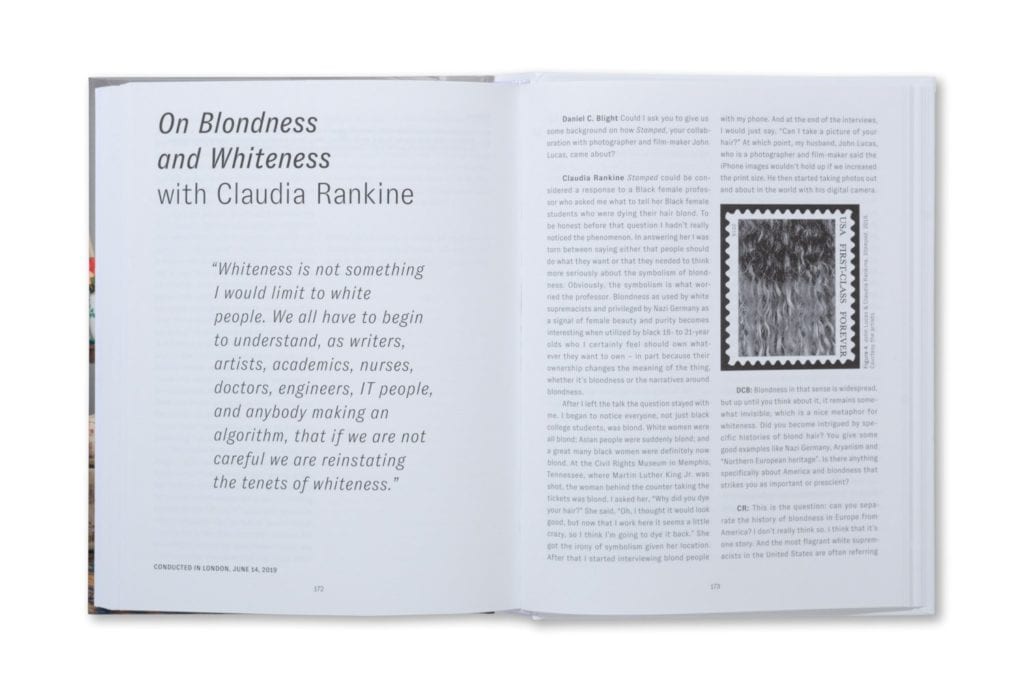In the first of a new series talking to visual creatives about life in lockdown, BJP editor Simon Bainbridge talks to the founder of Self Publish, Be Happy at his Airbnb in Milan – and how he came to launch his sell-out series of online masterclasses focusing on photobooks
A decade ago, I was living in a studio flat in Clerkenwell. I moved in after Jodi Bieber moved out. And there were plenty of other local photography connections too: Adam Broomberg and Emma Blau both had studios in the block; Magnum Photos was around the corner; and my friend and neighbour, Bruno Ceschel, had recently given up working for Chris Boot. Sensing the emerging zeitgeist, he had just started receiving sacks full of mail after issuing a call out for self-published photobooks.
Trying to make some sense of the flourishing independent photobook scene, Ceschel established Self Publish, Be Happy, showcasing the new titles – from books by long-established artists to teenagers producing zines from their bedrooms – on his new website, and running his first event at The Photographers’ Gallery in the summer of 2010. And as the self-publishing phenomena took off in subsequent years, Ceschel came to become one of the world’s leading authorities on the subject, leading talks and workshops, teaching and curating around the subject, and eventually setting up SPBH Editions, which would go on to publish a few of the most celebrated photobooks of the past decade. Crucially, this also put him at the centre of an emerging generation of artists and photographers, for whom the book was their primary medium of expression. And if you wanted to know about contemporary photography in the second decade of the new millennium, you’d turn to people like Ceschel and the growing number of indie book publishers, rather than the curators of galleries and museums.
I caught up with him during lockdown, to find out how he was surviving his solitary isolation, and how he’s keeping active creatively. We began by talking about his immediate situation, but mid-way through our correspondence — a couple of weeks of back-and-forth emails and video calls – he decided to begin his latest venture, a series of online educational events. Typically, it’s been an immediate hit.
—
You have become quite itinerant in recent times. Where have you been living during lockdown?
I’m in an Airbnb flat in Milan, in a neighbourhood called Zona Risorgimento. I happened to be here when the lockdown was introduced in February. In the last year or so I have been splitting my time between London, where I live, and Milan, as I’m Italian.
Can you describe the view from your window?
The flat looks out to a garden and other apartment buildings (below). It’s pretty quiet here, and it’s only now – with spring in full bloom and nice weather – that the surroundings are coming alive. Before it was so silent that the only noises from the outside were the sirens of the ambulances. As the lockdown has relaxed this week, I can now hear some traffic too, which is strangely comforting.
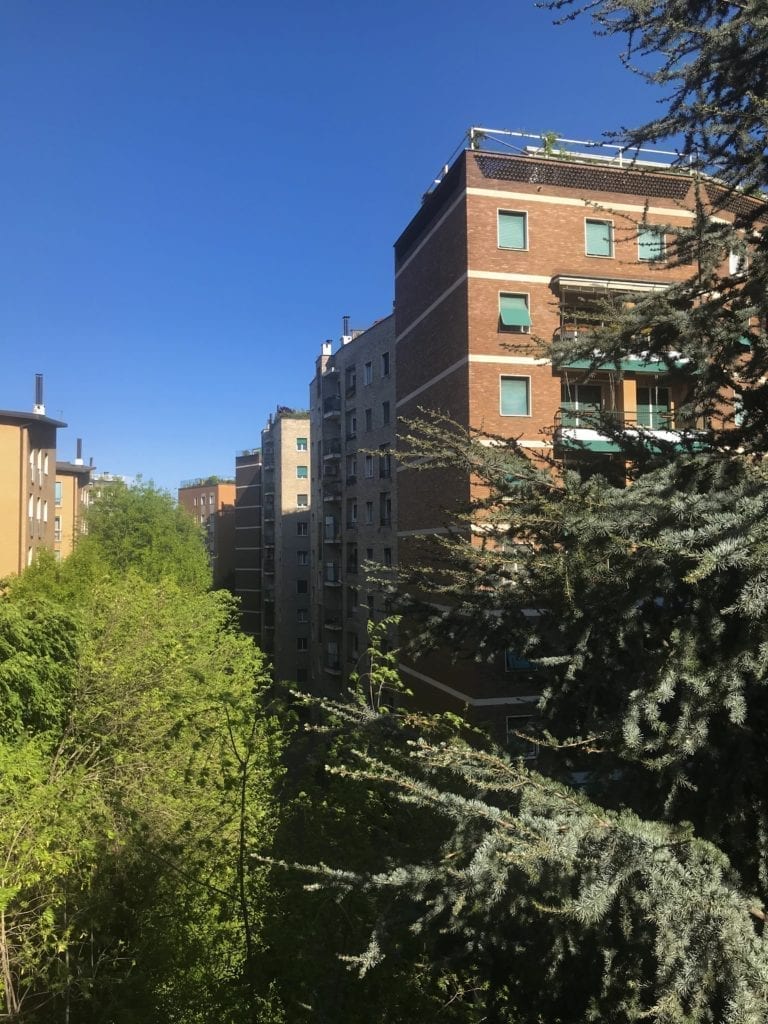
“It was so silent that the only noises from the outside were the sirens of the ambulances”
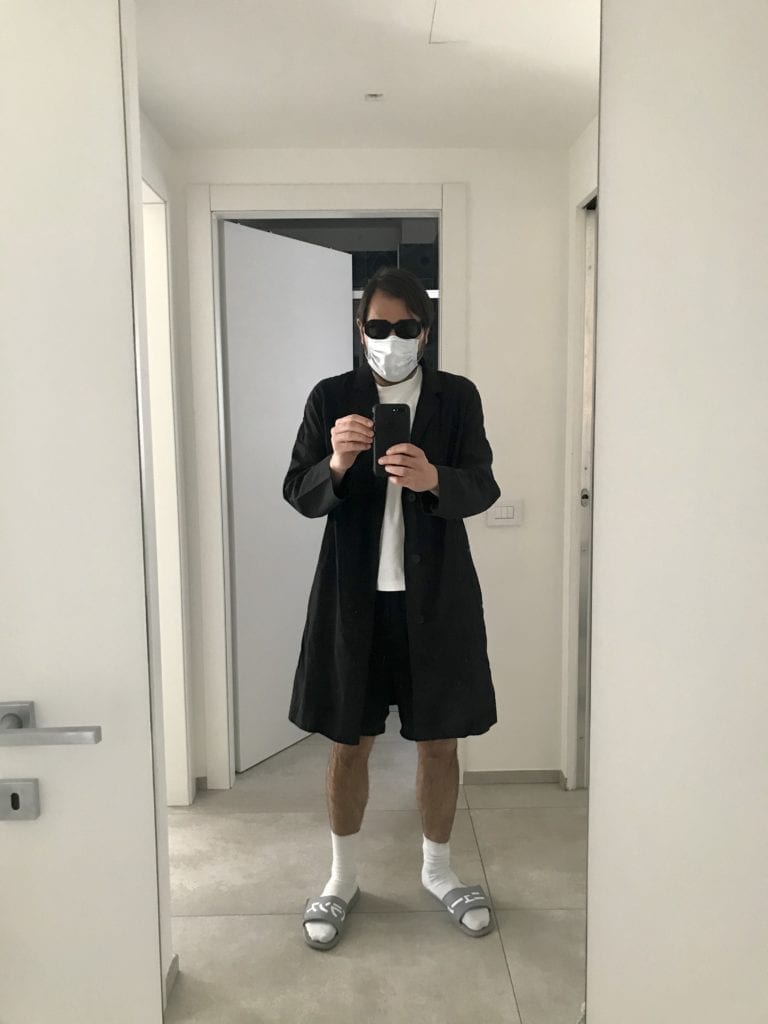
How long you been in lockdown? What’s your current mood?
It is hard to keep track of time, but I believe this is the ninth week. First, I went through a period of exhilarating shock, then depression, then apathy. And in the last few weeks I have adjusted to the new way of living and I feel OK, overall. I’ve started new projects. I have an extensive network of support, and a job that keeps me busy and sane.
You’ve been alone during that time. How much of a solitary person are you in normal life?
I’m used to travelling a lot by myself for work, and alternating between a very public and social life (book fairs, teaching, events) to periods of working in solitude. I guess, at the moment, I’m in forced hibernation, with my socialisation completely migrated online. Because I have lived in many different places, and I have close friends scattered around the world, it is not so strange for me to communicate online.
Overall, I think I have coped well, and I’m lucky that myself, my family and my community haven’t experienced any death caused by the virus so far.
How have you been personally affected by lockdown?
As I travel for work all the time, most of my jobs have been cancelled, as they couldn’t be switched to online – work at fairs or festivals, or running workshops, and also some teaching. This year is also the 10th anniversary of Self Publish, Be Happy, and I have been working on a series of projects that have all been put on hold for the moment. In a matter of a week or so after the lockdown, I realised that a lot of my work for 2020 was scrapped, and with it my livelihood.
What do you wish you had with you for lockdown?
I wish I could have locked with other people to make it more like a communitarian experience, and I really miss my books and my things. While the flat I’m staying in is nice, it feels totally alien to me.
Is there anything you’ve learnt about yourself, or got better at, since you’ve been isolated?
I have been improving my cooking skills, forcing myself to try new dishes. But I’m not one of those people who learn how to make bread. I did perfect my ragu sauce, which I think is now amazing. (The secret is to use a mixture of beef and pork mince, and to slow cook for at least three hours.)
Especially at the beginning, cooking was a form of entertainment. Now I wish I could just pop out to Pret a Manger…. But I also learned that I’m mostly self-sufficient, and I hardly get bored.
Who, or what, has helped you through this time? And what has been your guilty pleasure?
I have a lot of friends who I speak with daily. We check in with each other, and especially at the beginning, it was important to make sure we were all OK emotionally, and that we didn’t slip into depression. With some friends we started new projects to keep ourselves projected into the future.
As for a guilty pleasure, I’m afraid to say that I have become accustomed to a cheeky drink at night. I love a grappa tonic as an apertif.
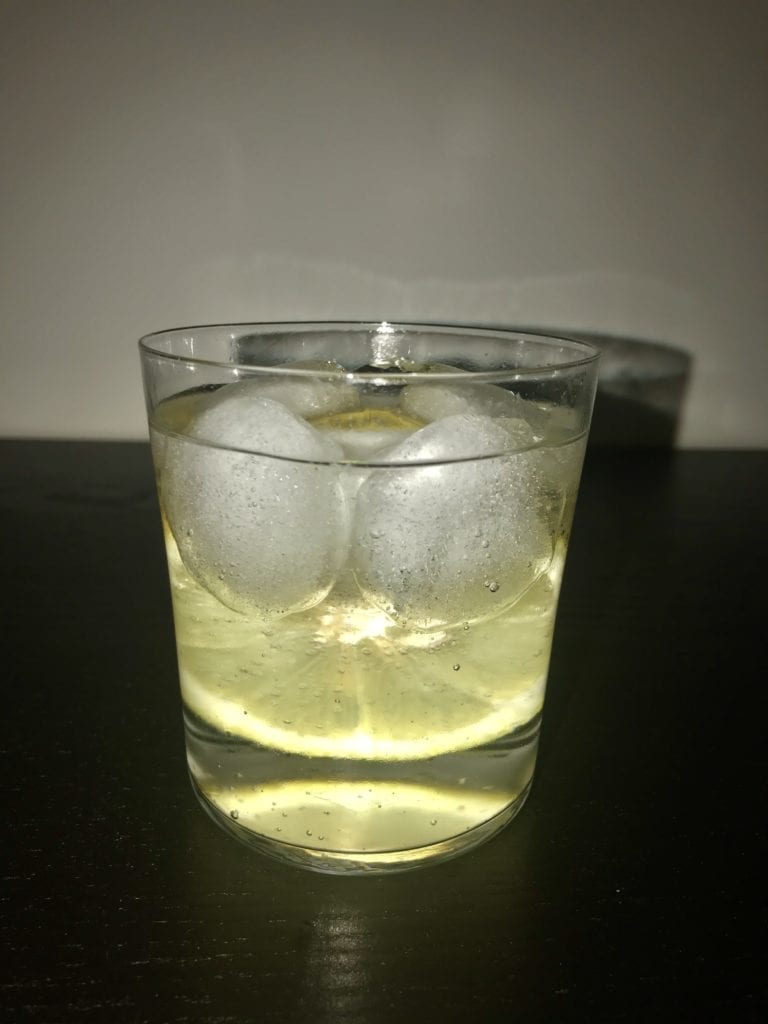
Is there a book you’ve returned to, or come to appreciate better?
I have been looking at Carmen Winant’s Notes on Fundamental Joy,published by Printed Matter. I’m finding it fitting to look at the photos Carmen has collected from feminist communes of the early 1980s, of communal living and social experimentations.
In a time of isolation, it is comforting to look at people sharing spaces and resources, and it is inspiring to think about the future within a utopian framework, as they very much did then. We really have to think about our future also as an opportunity to change things, to make radical changes in the way we live together and with the environment.
“We really have to think about our future also as an opportunity to change things, to make radical changes in the way we live together and with the environment.”
What are you most looking forward to when this is all finally over?
To go back to London, eat in restaurants and hang out with my friends.
Italy recently relaxed it’s lockdown rules, so for the first time in two months, you can go outside to get some fresh air or exercise. How did that feel? What have you done or experienced with this freedom?
To be honest I was irrationally anxious about going out the first few days. In fact, I didn’t go out the first day, and I only did the second because a friend prompted me. I wasn’t worried about getting infected, I was just concerned to leave home, I was scared.
A week later I’m now happy to be able to go out for a run, and to bike, but still feels like the world outside is a threat. So it’s not that easy to get out of the cocoon.
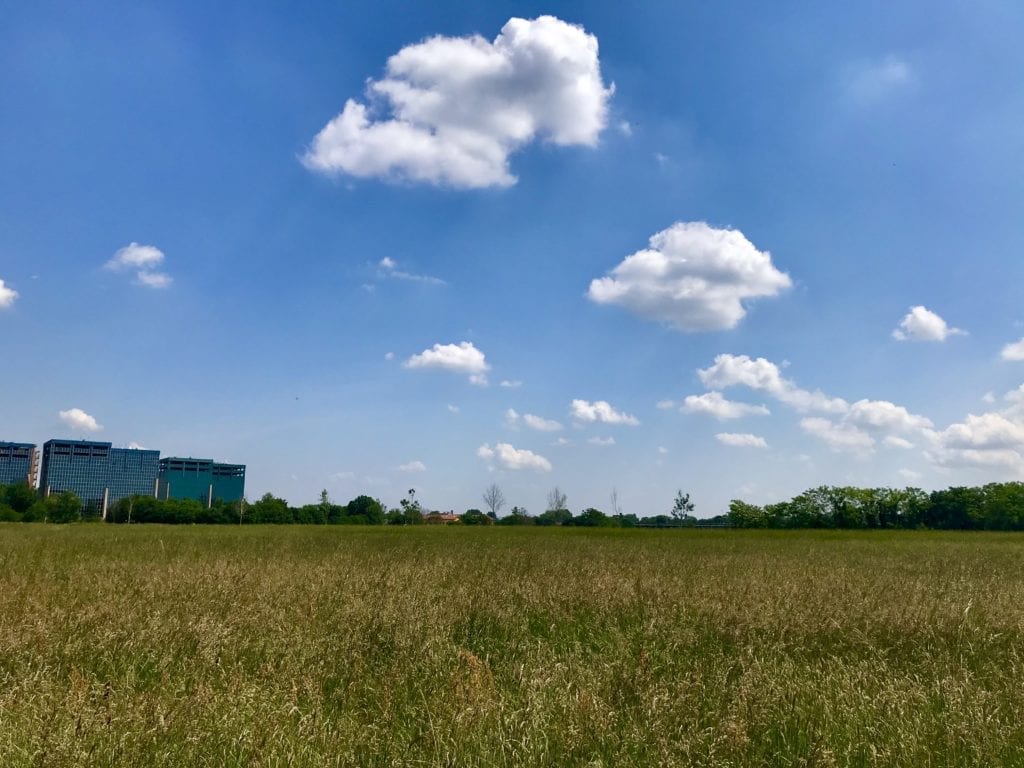
Can you recommend a book, a film and a piece of music to help get us through the rest of lockdown?
Since the lockdown I have been watching a lot of horror movies, especially Italian Giallo from the 1970s. I find cathartic the process of getting scared within the safe space of a movie. I recommended it as a way to deal with anxieties. And to expel toxins, I have been listening (and dancing) on a loop to a live concert Talking Heads did in 1984, during the Stop Making Sense tour. The contagious optimism of Talking Heads is much needed today.
As for books, I suggest reading any book that will take you to a place and a time that makes you happy. Novels even more than films have the power to transport us to a different world than the one we are live in.
I just finished reading Call Me by Your Name by André Aciman about a heartwarming summer love affair in the Italian countryside in the 1980s.
Which five books best represent SPBH’s 10 years of activity?
It’s a very hard thing to do, but I guess I’d have to include Self Publish Be Naughty (below), because it was our very first book and it collected the work of a lot of emerging photographers that gathered around our blog. It has been exciting to see the amazing career of some of them, like Thomas Mailaender, Harley Weir, Bobby Doherty or Francesco Nazardo.
Then, among the series of our book club books that were produced exclusively for its members, I’ll go with the one (below) by Lucas Blalock. It contains one of the most absurd series Lucas has ever done, of still lifes of hotdogs, and is very much in the tradition of artists’ book of the likes of Dieter Roth and Ed Ruscha.
Dalston Anatomy by Lorenzo Vitturi (below) was our very first trade book, and the first we reprinted after it became a phenomenon and launched Lorenzo’s career overnight.
The release of Carmen Winant’s My Birth was also incredible, as the book reached a very broad audience, beyond of the usual photobook community, and prompted a general conversation around birth and its visual representation.
Finally, our latest academic book, The Image of Whiteness, edited by Daniel C Blight, embodies my current interest in engaging with complex issues that shape society, like race and representation, and how photography can be a factor of change.
What projects have you been working on during lockdown?
As all of the projects I had planned for this year have been put on hold, I decided to start a brand new one called Relay with my friends Enrica Cavarzan and Marco Zavagno of studio Zaven. On Instagram and on an online platform, thinkers from different disciplines – art, architecture, literature, and so on – will be reflecting upon the idea of space in the light of their own work and the crises we are experiencing.
The intent is that ideas become a baton, passed from one contributor to the other, like in a relay race, transforming and mutating over time. At the end of the project, we will make these ideas into a physical manifestation, such as an exhibition or a book.
I’m very much interested in seeing how a problem or an idea can be looked at from different perspectives, and how solutions can emerge from such exchanges. And, as we all experience the limitation of space, movement and interaction with each other at the moment, I thought it would be the perfect time to test this framework.
You’ve recently launched an online educational initiative. The first event was an online masterclass, in which you discussed “how the self-published photobook revolution has transformed the cultural landscape”. What is so important about the self-publishing phenomenon, and why has it figured so highly in the last decade?
Self-publishing in photography and in the arts in general has been a response to technological and social changes that affected all of us in the last decade. I’m talking about how our life has been reshaped by new technologies like the iPhone, online shopping, social media platforms, and so on. In books and bookmaking, people found a resource to cling on to the physicality of photography, and they built communities around books. Just think about how many art book fairs exist today, for example.
Self-publishing also helped the emergence of a new generation of photographers that operates freely within contemporary art, journalism and the fashion and advertising industries, who embraced book-making and the freedom it offered. Such freedom, and the democratisation of the medium, has ultimately prompted a radical change in the form and content of photobooks.
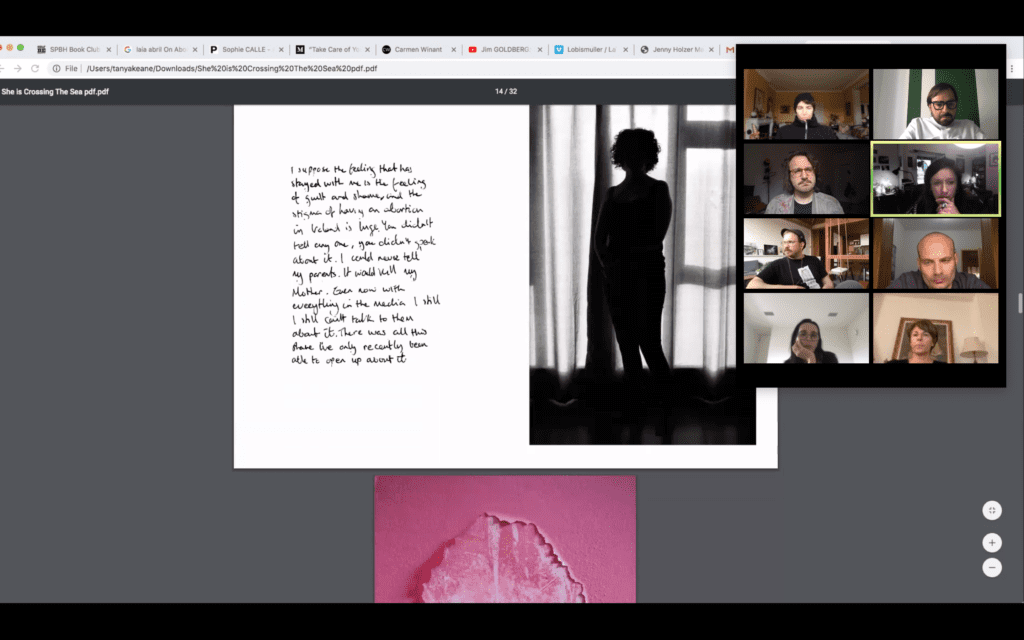
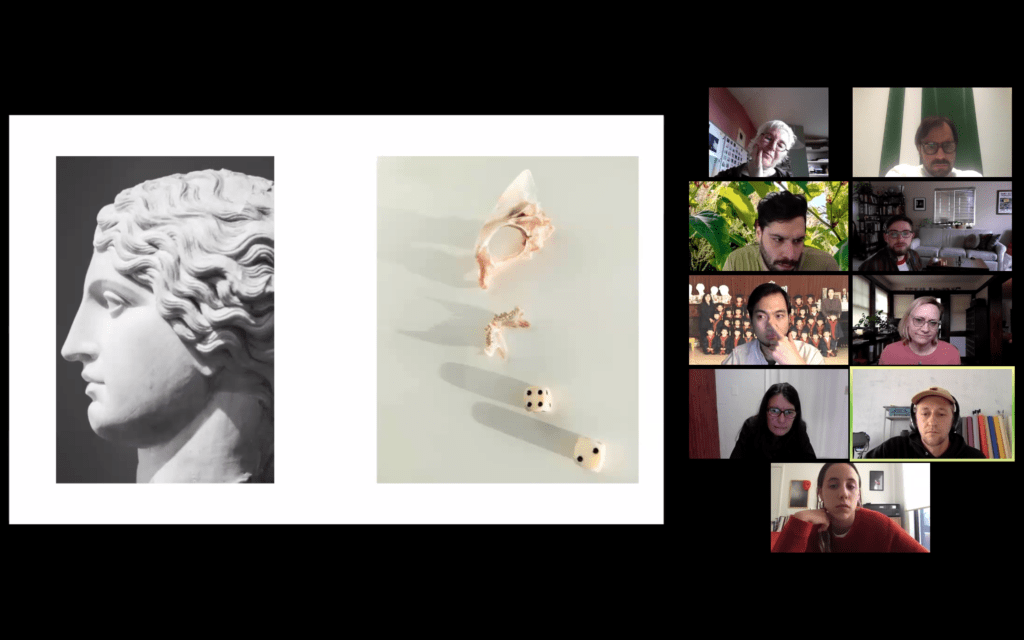
“Now it really doesn’t matter where you are, and don’t need to be in New York, Tokyo or Paris to attend our events. There is definitely a democratisation taking shape.”
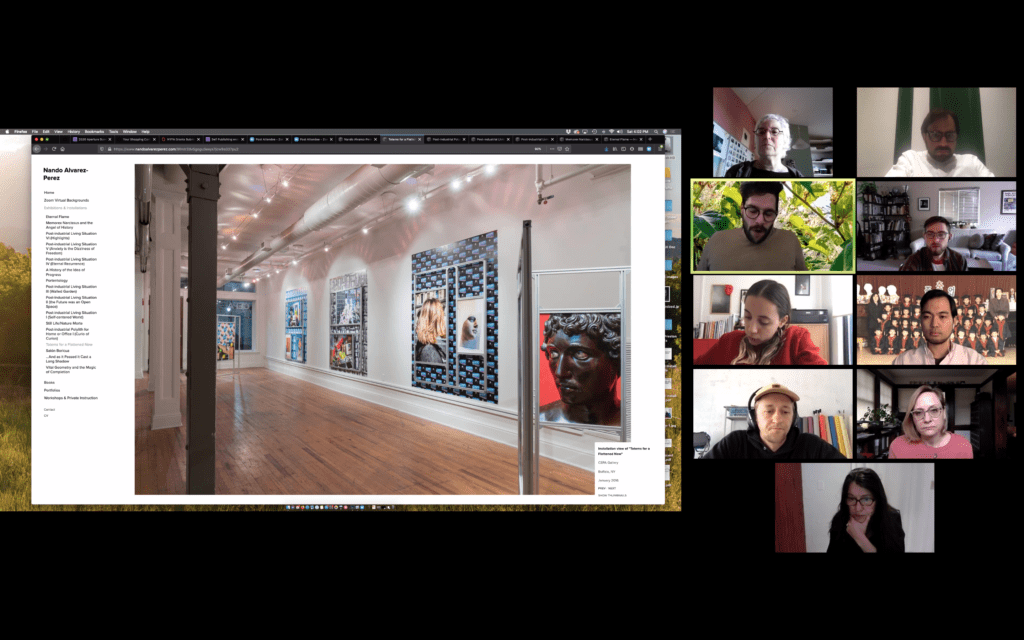
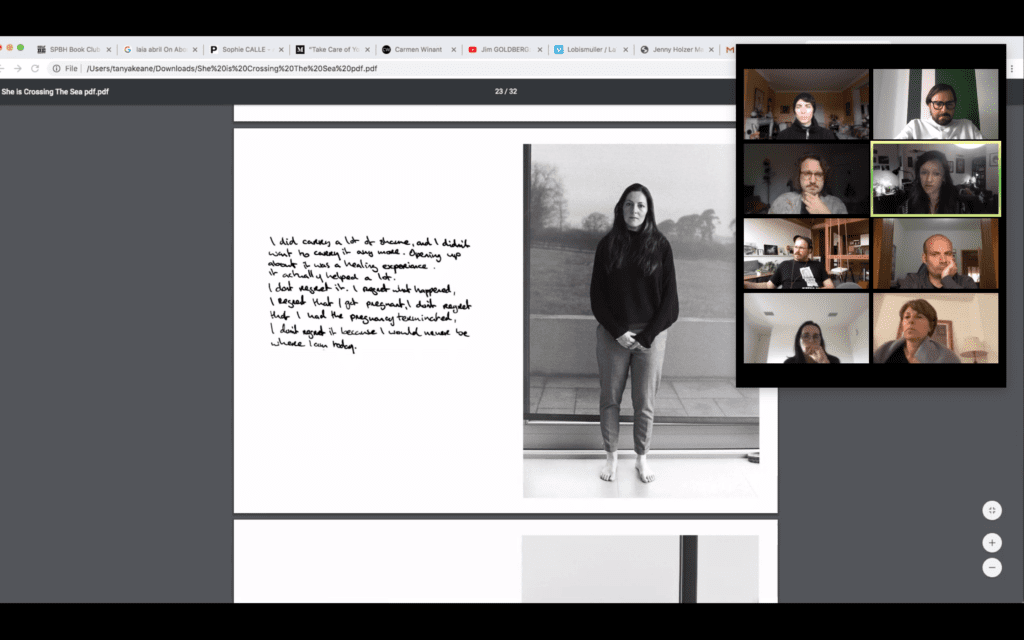
What’s the biggest challenge you’ve faced, adapting your workshops for presentation online? Are there any advantages?
In the practical workshops we used new platforms that help to share and work on editing and sequencing simultaneously online, so the process doesn’t vary too much from the IRL one. Of course, I think we miss the energy of being all in the same room, the comraderie and the friendships that are forged during intense group workshops.
But we gained a more democratic access to education, as anybody from everywhere in the world can participate at an affordable price. Often people that don’t live in major cities find it hard to attend as it is expensive to travel, but now it really doesn’t matter where you are, and don’t need to be in New York, Tokyo or Paris to attend our events. There is definitely a democratisation taking shape.
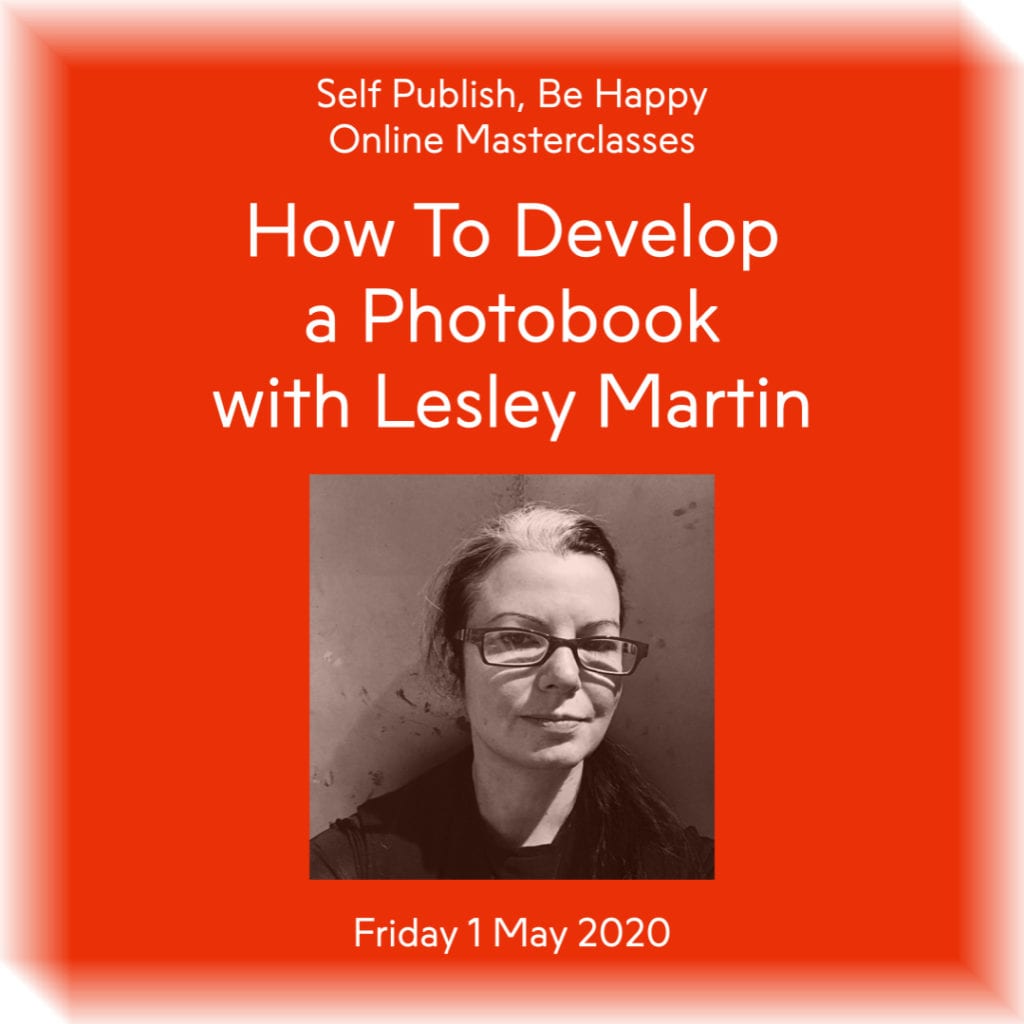
“It is really important that we log in at the same time; that is not just like watching a video, but that we see each other’s faces and participate towards a communitarian endeavour.”
Last week Lesley Martin, creative director of Aperture Foundation, inaugurated our series of online masterclasses titled, ‘How To’. There were more than 400 people connected online from around the world. Some people woke up at 2am in Australia to attend the class. And while Europeans were sipping a glass of wine while watching, others in LA were having the first coffee of the day. For me it is really important that we log in at the same time; that is not just like watching a video, but that we see each other’s faces and participate towards a communitarian endeavour.
Once again, a crisis and new technologies are opening up new possibilities, and while the circumstances are terrible, there is something exhilarating about the new possibilities they open up.
In the next few weeks we have an amazing line that includes the director of the Maison Européenne de la Photographie, Simon Baker, artist Carmen Winant, curator Charlotte Cotton, scholar Milo Keller, and Shonagh Marshall, a curator, writer and arts consultant with a specialism in fashion. It would be impossible to have these people teaching in one place and for hundreds of people if it wasn’t for the Zoom revolution.
This year is the 10th anniversary of SPBH, and you were planning a series of events that would have marked both a change in focus and would also have reflected on the self-publishing phenomena. Can you say what will happen to SPBH?
For its 10th anniversary I really want our library of self-published books to find a permanent home in an institution that can look after it, preserve it for posterity, and make it accessible to the public and to scholars. That would be the accomplishment of the original mission I gave myself when I started Self Publish, Be Happy.
As for the organisation, we are going to move even further into the realm of education, experimenting with new formats like the online masterclasses and workshops, and carry on publishing academic books like Lacuna Park by Nicholas Muellner, and The Image of Whiteness aforementioned. And of course keeping our focus in championing emerging photographers via SPBH Editions and exploring the expanded field of photography in relation to other disciplines like art, fashion, design, and literature, like with the Relay project.
Meanwhile everyone is invited to our 24-hour Zoom marathon on 6 June, the day of our 10th birthday, where we will be checking in with our extensive community that goes from Japan to Latin America. It’s going to be a big party with performances, chats and music. I hope to see you all there!
—

